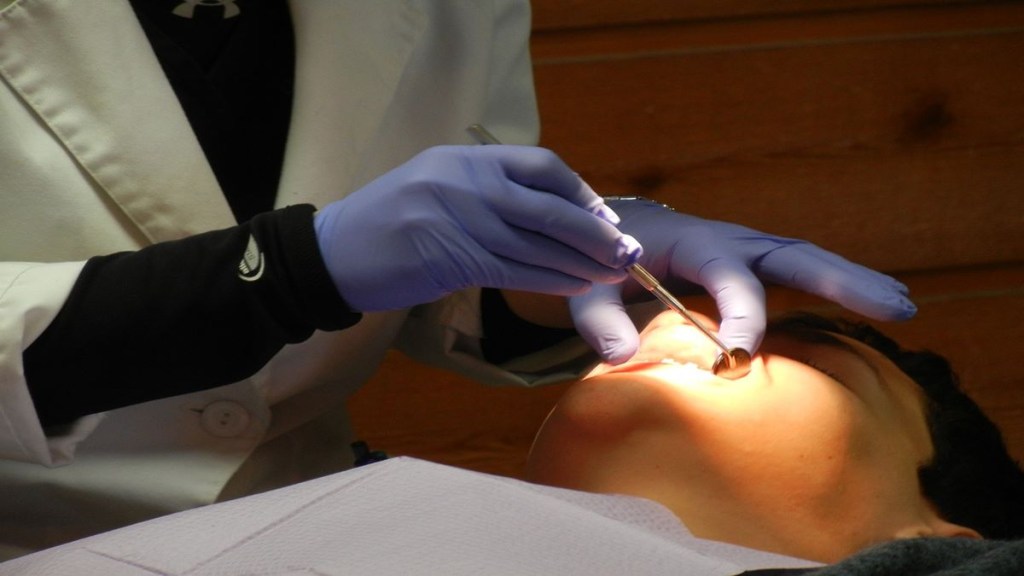Oral cancer, a serious health condition, often presents subtly, making early detection crucial for effective treatment. Mouth cancer refers to cancer that develops in any of the parts that make up the mouth (oral cavity).
According to Mayo Clinic, mouth cancer can occur on the lips, gums, tongue, inner lining of the cheeks, roof of the mouth, and floor of the mouth (under the tongue). Dr Mridul Malhotra, Consultant-Medical Oncology, Manipal Hospital, Dwarka emphasised the need to be vigilant about the initial signs and symptoms that might indicate the presence of this disease.
Here are some signs and symptoms of oral cancer that you should be aware of:
- Persistent Mouth Sores: One of the most common early signs of oral cancer is a sore in the mouth that does not heal within two weeks. These sores can appear on the lips, tongue, gums, or the inner lining of the cheeks and might be painless initially.
- Unexplained Bleeding: Spontaneous bleeding in the mouth without any clear cause is another warning sign. This could be a result of abnormal tissue growth associated with cancer.
- White or Red Patches: Look out for leukoplakia (white patches) or erythroplakia (red patches) in the mouth. While these patches can sometimes be benign, they are often precursors to cancer and should be evaluated by a healthcare professional.
- Lumps and Thickening: Any unexplained lumps, swelling, or thickened areas in the mouth or throat should be examined. These growths can be indicative of malignant changes in the tissues.
- Difficulty in Swallowing or Chewing: Oral cancer can cause dysphagia (difficulty swallowing) or odynophagia (painful swallowing). This symptom often results from tumors obstructing the passage or causing nerve involvement.
- Persistent Sore Throat or Hoarseness: A constant sore throat, hoarseness, or a change in voice that persists beyond a couple of weeks can be a symptom of cancer in the oral cavity or pharynx.
- Ear Pain: Although less common, referred pain to the ear without any infection or clear reason can be associated with oral cancer, particularly when it accompanies other symptoms.
- Numbness or Loss of Sensation: Unexplained numbness in the tongue, lower lip, or other areas within the mouth can indicate nerve involvement due to a growing tumor.
“Early diagnosis significantly improves the prognosis of oral cancer. Regular dental check-ups and being attentive to changes in your oral health can facilitate early detection. If you observe any of these signs, do not hesitate to consult a healthcare provider. Timely intervention can make a significant difference in treatment outcomes and overall health,” Dr. Malhotra told Financial Express.com.
By staying informed and proactive, you can safeguard yourself against the potential risks of oral cancer. Remember, early detection saves lives, he said.

